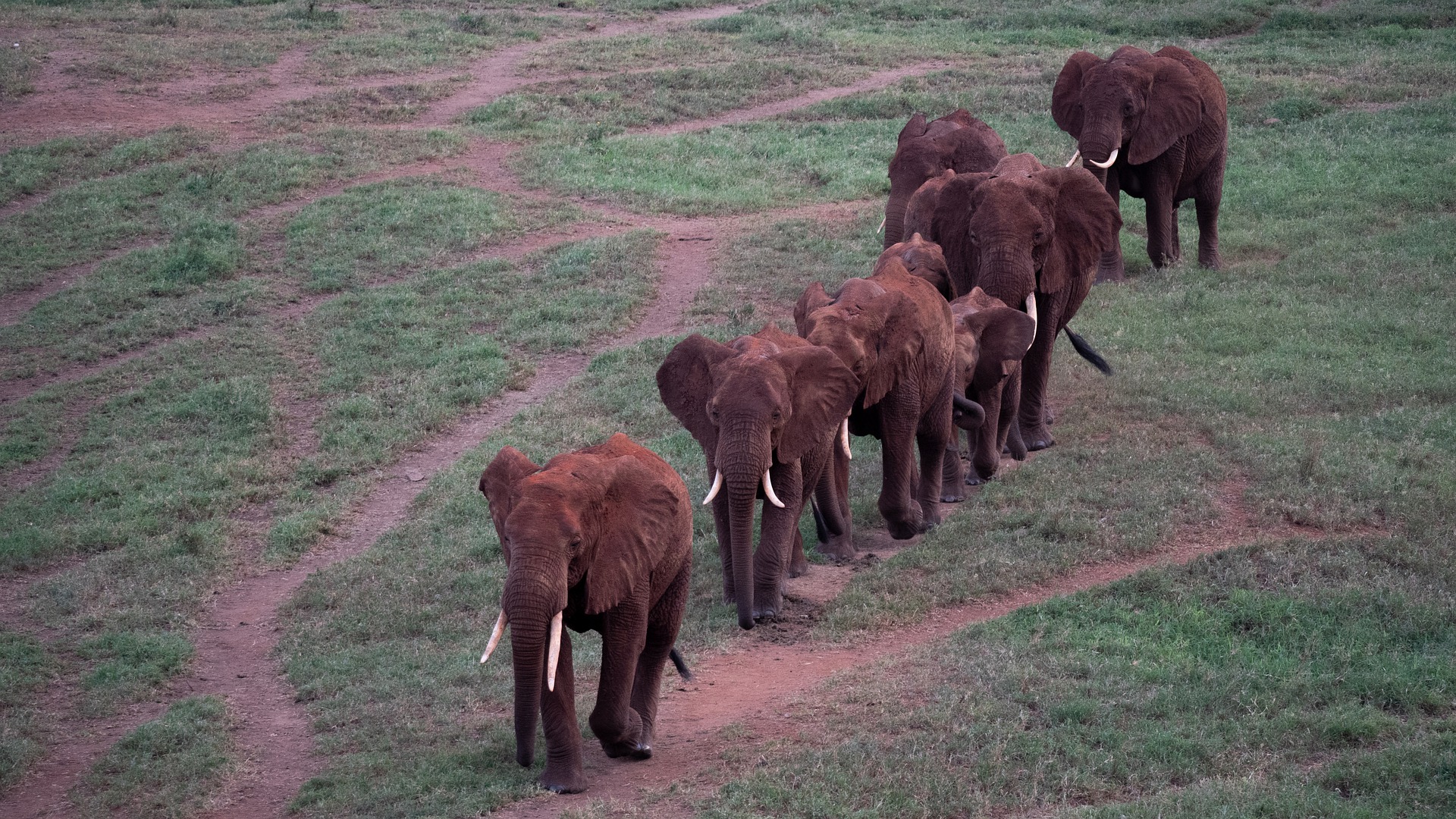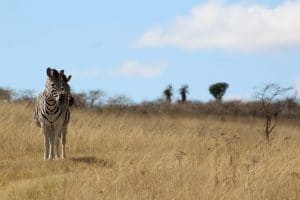Why Africa needs a common stance at CITES
The 19th Conference of Parties to the Convention on International Trade in Endangered Species of Wild Fauna and Flora (CITES CoP19) is to be held in Panama, central America from 14 to 25 November, 2022.
Pointing to the fact that African countries represented at CITES do not have a history of speaking with one voice on matters that pertains to its conservation agenda, sustainable conservation and trade in wildlife products, Sifelani Tsiko, Agric, Environment & Innovations Editor at The Herald newspaper in Zimbabwe, writes “Africa needs to have a common position. The continent must unite and rally behind its own interest. Africa must speak with one voice. We have to have Africans voting for African solutions.” “For several decades” states Tsiko, “Africa has remained divided at all Conference of the Parties to the Convention on International Trade in Endangered Species of Wild Fauna and Flora (CITES) gatherings.”
The article explains how these divisions have worked against the interests both African nations and of sustainable conservation in the context of CITES:
“Dr Alistair Pole, a veteran African Wildlife Foundation research and conservation management expert told African journalists at a week long AWF workshop on advanced training on environmental journalism that the CITES — the international treaty that regulates the trade in wildlife products which dates back to 1975 — was deeply flawed and biased against the interest of Africa.
“Cites treaty is deeply flawed,” he said. “Cites was created to facilitate and manage trade in endangered species but it has now become a political organisation and Africa is the biggest loser.
“Some of the systems it uses have not changed over time. Decisions made at Cites are the outcome of a system of global votes. The share of votes must vary depending on the share of say elephant (wildlife) resources.
Dr Pole said a common position would recognise a united stance on various trade related issues at Cites.
This, he said, would mean that African countries can push for a common position that is beneficial to the whole continent.



